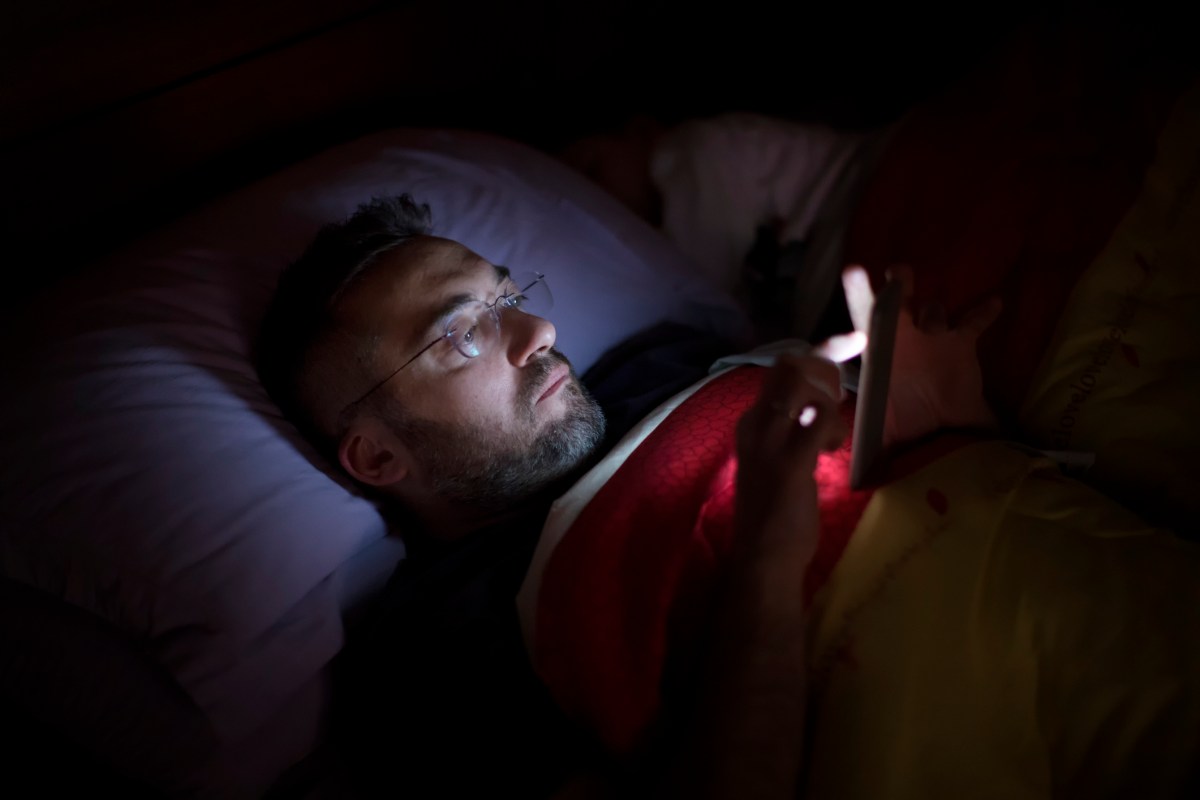Yes, your boss might be emailing you on Sunday evening to get a jumpstart on the week ahead. No, you shouldn’t respond.
Burnout — recently classified by the World Health Organization as a “syndrome” brought on by “chronic workplace stress that has not been successfully managed” — is being fueled by the apps and technology the American workforce has been inundated with in recent years, The Wall Street Journal reported.
That was especially obvious in a recent poll conducted by a Chicago-area mental health clinic that found 62 percent of more than 2,000 working adults between 23 and 38 said that they felt they must be readily available to perform work duties around the clock thanks to apps like Slack, a professional communication service. This expectation triggered clear signs of anxiety and other mental health issues, according to the Journal.
Even just thinking about the workweek ahead of them is causing some to feel the heavy weight of stress and anxiety. A LinkedIn survey from last year found that, out of 1,000 participants, 80 percent said they feel a “surge in stress” on Sunday nights when considering the upcoming days. For millennials, that number soars to 91 percent.
Another study found that one reason for this added pressure may be how much time a boss spends online outside of office hours. The survey, conducted by Microsoft, discovered that for every hour a manger spends being “on” outside of business hours, his or her employees incurred an additional 20 minutes of work.
One company, Vynamic, a health-care consulting firm, is doing something about it for its employees. Known as zzzMail, the tool, built into the company’s email accounts, diverts messages sent after 10 p.m. from an employee’s inbox and doesn’t deliver it until 6 a.m. the following day, or on Monday morning if the email is sent over the weekend.
“When you’re in an environment where there’s time for structured disengagement, you’re able to gauge more clearly if something can wait until the next morning or after the holiday,” Vynamic’s CEO Jeff Dill told the Journal. “And 99 percent of the time, it can absolutely wait, we’ve found.”
Editor’s Note: RealClearLife, a news and lifestyle publisher, is now a part of InsideHook. Together, we’ll be covering current events, pop culture, sports, travel, health and the world. Subscribe here for our free daily newsletter.
Thanks for reading InsideHook. Sign up for our daily newsletter and be in the know.


















